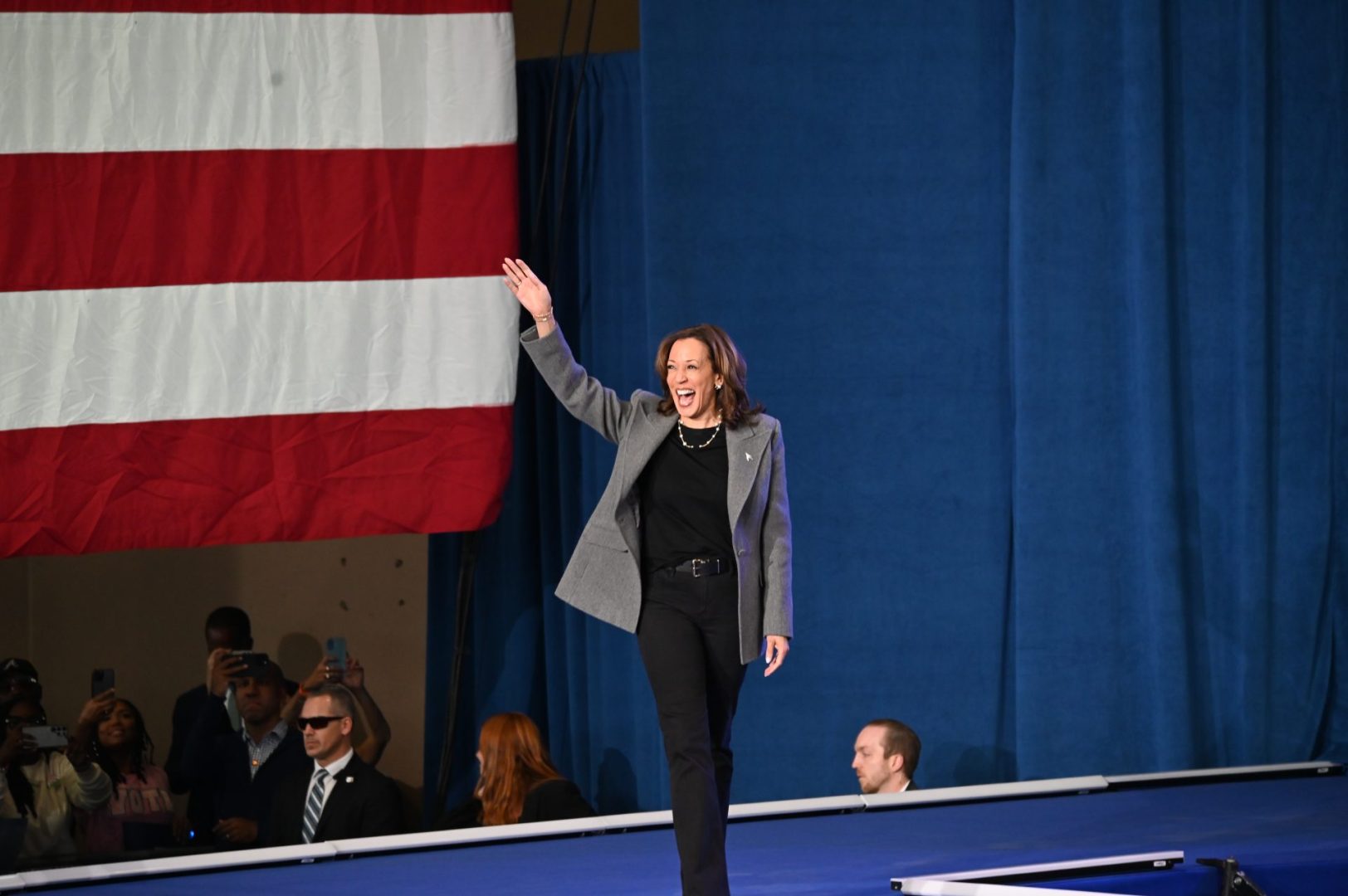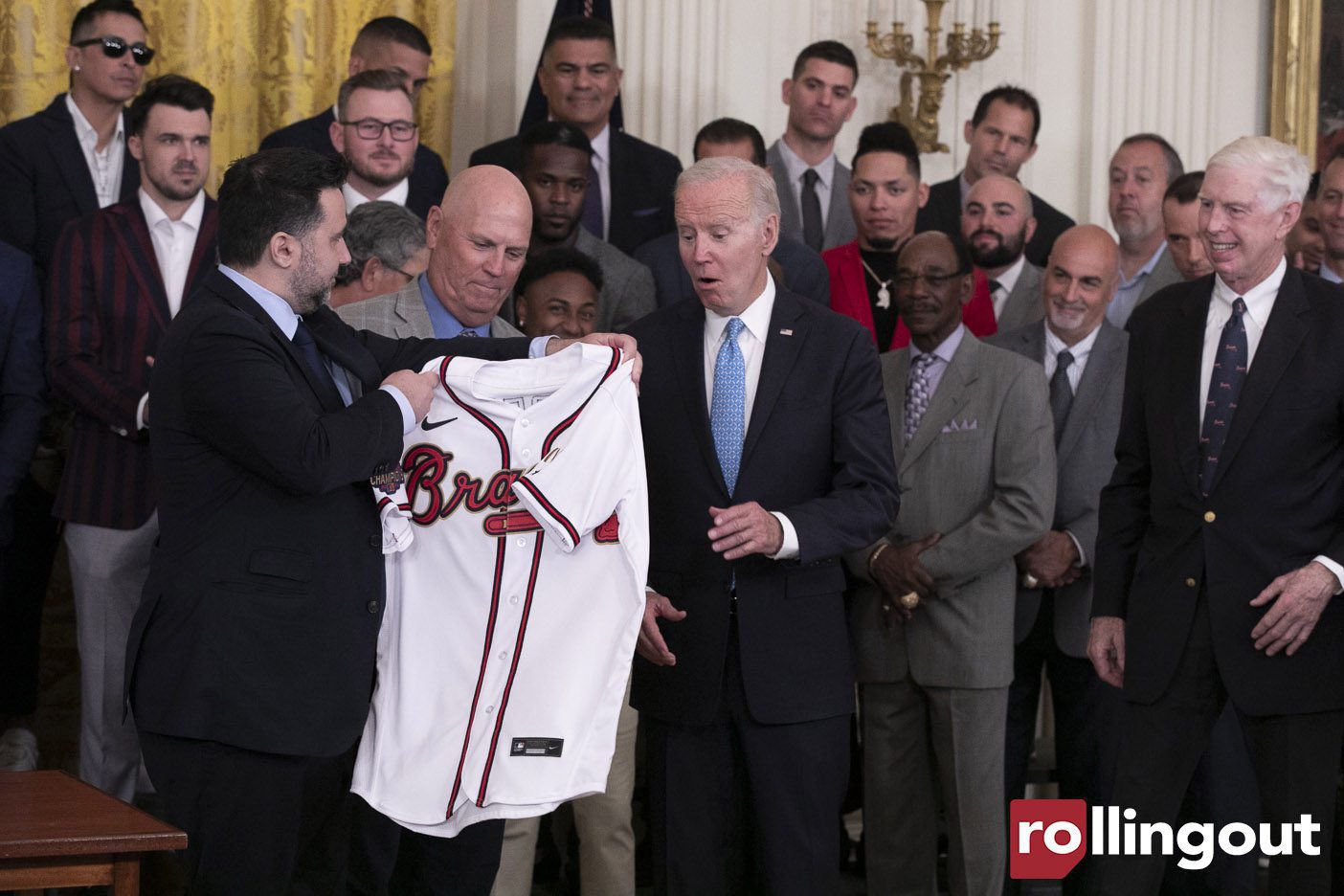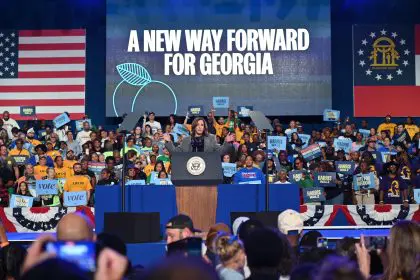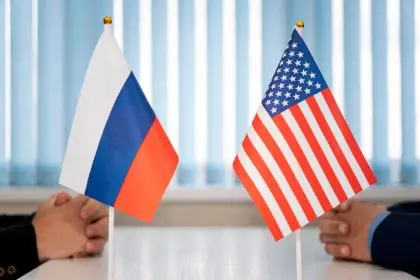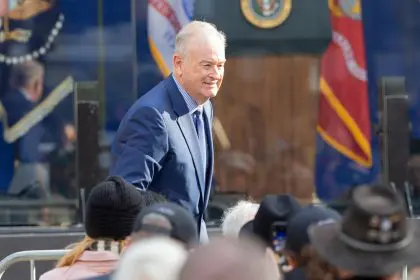The upcoming election cycle demands a robust Get Out The Vote (GOTV) strategy, particularly for Vice President Kamala Harris as she aims to mobilize diverse voting blocs. Success at the ballot box increasingly depends on targeted outreach that resonates with often overlooked communities while addressing modern voting challenges.
Community partnerships and local engagement
Building trust through grassroots organizing remains crucial for effective voter mobilization. Harris’s campaign requires deep investment in local partnerships that understand community needs and cultural nuances.
Key partnership strategies include:
- Collaboration with established community organizations
- Engagement with faith-based institutions and civic groups
- Support for local nonprofits focused on voter access
- Development of culturally specific outreach programs
- Resources for addressing voter suppression tactics
- Transportation assistance to polling locations
- Voter ID assistance clinics in underserved areas
These partnerships create authentic connections within communities where traditional campaign tactics often fall short. Local leaders can effectively communicate how policy proposals directly impact their neighborhoods, from healthcare access to housing affordability.
Digital engagement for younger voters
Modern GOTV efforts must embrace social media platforms where younger voters spend significant time. Strategic digital outreach helps break down complex policies into accessible formats while building community around shared values.
Digital strategy components include:
- Targeted content across Instagram, TikTok, and Twitter
- Interactive virtual events and live streams
- Behind-the-scenes campaign content
- User-generated content campaigns
- Issue-focused social media challenges
- Geographical targeting in crucial districts
- Influencer partnerships for policy education
These digital initiatives should complement traditional outreach methods, creating multiple touchpoints for voter engagement. When combined with in-person events, online strategies help maintain consistent communication with potential voters.
Town halls and direct voter interaction
Personal connection remains vital in political organizing. Both virtual and in-person town halls provide platforms for Harris to address voter concerns directly while demonstrating accountability to constituents.
Town hall strategy elements include:
- Regular virtual sessions focused on specific issues
- Regional in-person events in key communities
- Issue-specific forums addressing local concerns
- Recorded sessions for broader accessibility
- Multilingual event options
- Interactive Q&A opportunities
- Follow-up resource sharing
These forums allow Harris to showcase her understanding of community needs while building trust through transparent dialogue. The combination of virtual and in-person events ensures accessibility for voters facing transportation or scheduling constraints.
Volunteer mobilization and outreach
A strong volunteer network amplifies campaign messages through personal connections. Well-trained volunteers can effectively guide voters through registration and voting processes while addressing common concerns.
Volunteer program priorities include:
- Comprehensive phone banking initiatives
- Strategic text messaging campaigns
- Multilingual volunteer recruitment
- Detailed training programs
- Script development for consistent messaging
- Data tracking for targeted outreach
- Rapid response teams for voter questions
Volunteers serve as crucial bridges between the campaign and communities, particularly in areas where language barriers or digital divides might limit traditional outreach efforts.
Voter education and accessibility
Clear, accessible information about voting processes helps overcome participation barriers. Comprehensive voter education initiatives ensure people understand both how to vote and why their participation matters.
Education initiative components include:
- Multilingual voting guides and resources
- Step-by-step registration instructions
- Polling location information services
- Required documentation checklists
- Rights education programs
- Early voting information
- Mail-in ballot guidance
- Accessibility accommodation details
These resources help demystify the voting process while addressing common obstacles that might otherwise prevent participation.
Building an effective GOTV operation requires coordinating these strategies to create multiple pathways for voter engagement. Success depends on meeting voters where they are—whether online, in their communities, or through personal connections with campaign volunteers.
Harris’s campaign must maintain focus on both immediate voter contact and long-term community investment. This comprehensive approach helps ensure that GOTV efforts not only drive turnout but also strengthen democratic participation for future elections.
Effective implementation requires constant evaluation and adjustment based on community feedback and changing circumstances. By remaining responsive to voter needs while maintaining consistent outreach across multiple channels, these GOTV strategies can help build the broad coalition necessary for electoral success.

